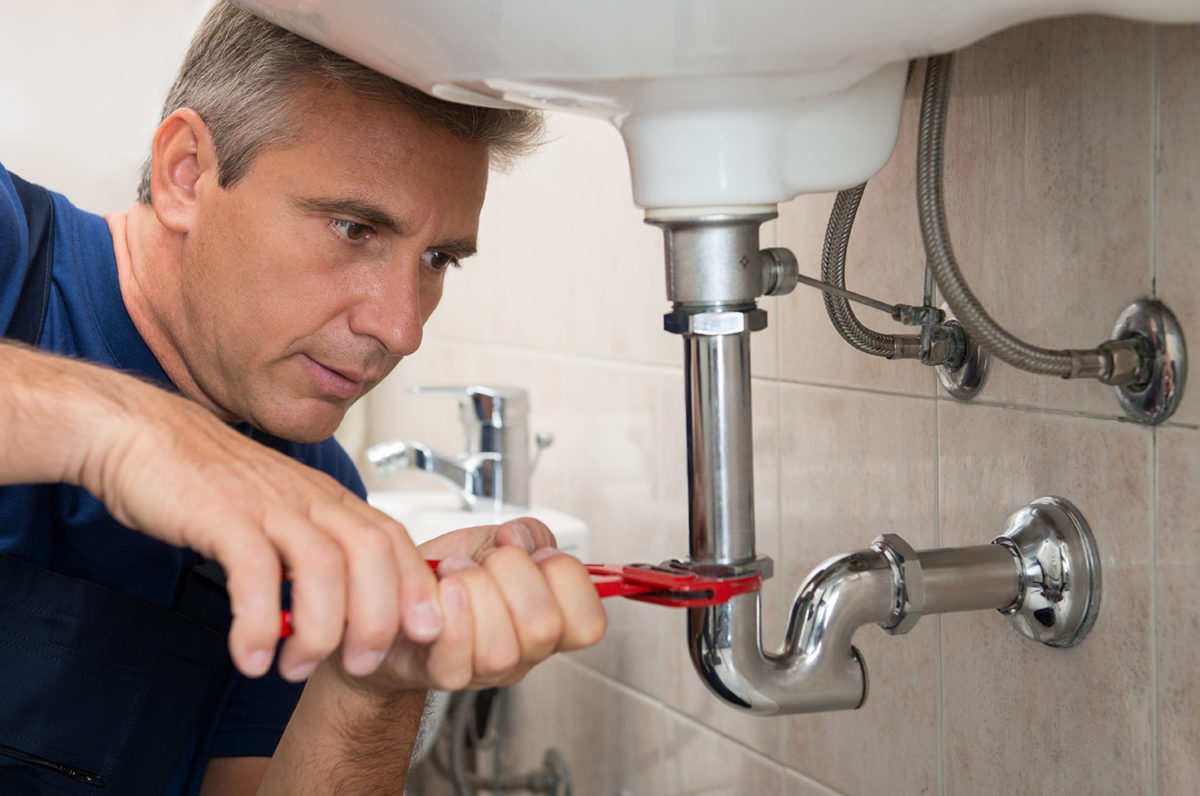5 Essential Tips for DIY Residential Plumbing Projects

Image Source: Google
When it comes to maintaining your home, plumbing is one of the most essential systems to keep in good working order. While some plumbing issues may require a professional plumber, there are many simple tasks that you can tackle on your own. Whether you're fixing a leaky faucet or installing a new shower head, here are five essential tips to keep in mind for your next DIY plumbing project.
1. Safety First
Before you begin any DIY plumbing project, it's important to prioritize your safety. Here are some key safety tips to keep in mind:
- Always turn off the water supply before starting any plumbing work.
- Wear safety goggles to protect your eyes from potential debris.
- Use caution when working with tools to avoid injury.
2. Gather the Right Tools
Having the correct tools for the job can make all the difference when it comes to DIY plumbing projects. Here are some essential tools to have on hand:
- Adjustable wrench
- Plunger
- Plumber's tape
- Pipe wrench
- Plumbing snake
3. Know When to Call a Professional
While there are many plumbing tasks you can tackle on your own, there are some situations where it's best to call in a professional. Here are some signs that you may need professional help:
- Significant water damage
- No hot water throughout the house
- No water coming from faucets
- Burst pipes
4. Educate Yourself
Before starting any DIY plumbing project, take the time to educate yourself on the task at hand. There are plenty of resources available online, including tutorials and how-to videos, that can help guide you through the process. Additionally, consider taking a plumbing course or workshop to gain more in-depth knowledge.
- Research the specific issue you are dealing with
- Watch tutorials to see the process in action
- Consult plumbing books or manuals for guidance
5. Practice Proper Maintenance
Preventative maintenance is key to keeping your plumbing system running smoothly. Here are some tips to help you maintain your plumbing system:
- Regularly check for leaks and drips
- Clean your drains to prevent clogs
- Inspect your water heater for any signs of damage
- Check for water pressure issues
By following these five essential tips, you'll be better equipped to tackle DIY plumbing projects in your home. Remember to prioritize safety, gather the right tools, know when to call a professional, educate yourself, and practice proper maintenance for a well-functioning plumbing system.